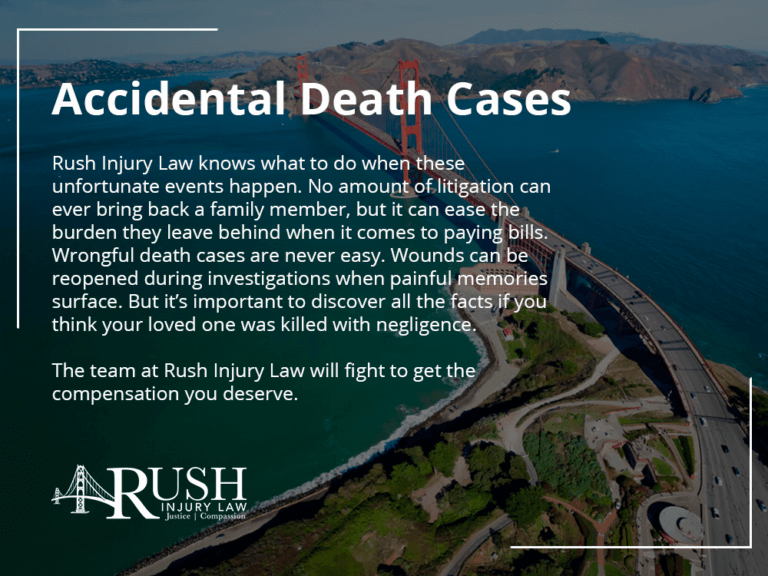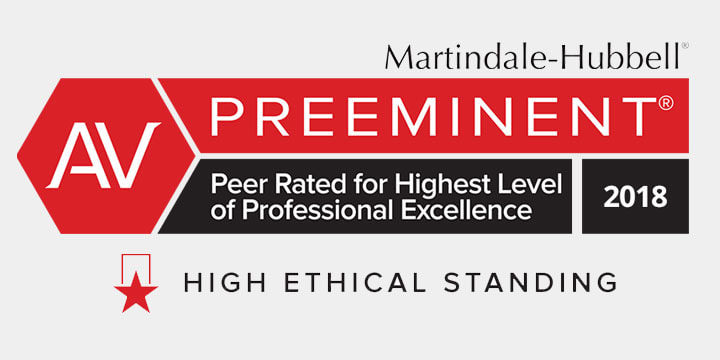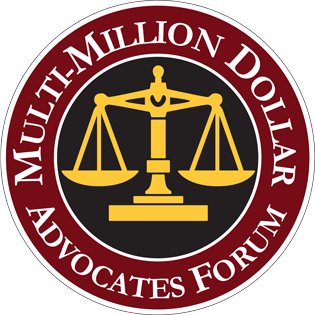Call For A Free Consultation
415-897-4801
Novato Corporate Office (Mailing Address):
10 Commercial Blvd #206 Novato, CA 94949
Offices Located In San Francisco, Oakland, San Jose, Walnut Creek, Pleasanton, Santa Rosa, Napa, Redwood City, Sacramento and Newark
Pain and Suffering in Personal Injury Cases

Injuries are an unfortunate result of many accidents. Broken bones, lacerations, and internal damage can happen during nasty falls or serious car accidents. If these injuries are someone else’s fault, you’ll be entitled to compensation for your pain and suffering. The words ‘pain and suffering’ are thrown around a lot in these situations, but the phrase actually has a specific legal use. The law protects you not only from physical injuries, but also the mental discomfort and anxiety that comes from the aftermath.
Physical pain and suffering is a fairly straightforward concept. When you’re injured in an accident, you might break an arm, sprain an ankle, or suffer a concussion. These are physical ailments that sometimes require serious treatment to mend, or as in medical malpractice suits, additional corrective treatment. Sometimes these dysfunctions don’t manifest until later in life, like sight impairment, memory loss, or muscle weakness.
But there’s another kind of malady affecting the victims of accidents. Along with the physical pain often comes anxiety, depression, and decrease in happiness. Injured parties often need to miss work time and social functions, further deepening their anguish. Mental distress is more difficult to measure than physical pain and cases can become nebulous. Pain and suffering falls under the category of non-economic damages, meaning monetary value can be hard to gauge.
Pain and Suffering in California
The state of California has one distinct difference from most states regarding damage awards like these. Pure comparative fault, also known as comparative negligence, is used to determine these cases in the Golden State, meaning that parties will be assigned fault contingent on their responsibility in the incident. If the court rules you’re responsible for 95% of a car accident, you still may receive some compensation from the other driver. Pain and suffering claims have a two-year statute of limitations in California, but claims relating to medical malpractice have three years (or one year after discovering the injury, whichever is first).
Note that California has some restrictions on pain and suffering claims. If you’re convicted of a DUI in a car accident, you won’t be entitled to damages. Same goes for those driving uninsured (or underinsured) vehicles. The lesson as always – don’t drink and drive. Additionally, there are $250,000 caps on medical malpractice awards and no damages will be awarded for workers compensation claims.
Consider Hiring A Lawyer to Recover Damages
Building a case for pain and suffering damages can take time. You’ll need to build evidence of fault and document injuries to maximize your settlement. This means acquiring photos of accident scenes, medical transcriptions, and testimony from witnesses. Building a case with limited evidence can be difficult, especially when determining damages for mental discomfort.
Hiring a personal injury lawyer is always your best bet for getting proper compensation for your pain and suffering. At Rush Injury Law, your voice will be heard and we’ll fight hard to get what you deserve for your hardships. If you’ve injured in the San Francisco Bay area due to someone else’s negligence, contact our attorneys today.
Want A Free Consultation?
© 2025 Rush Injury Law. All Rights Reserved.














